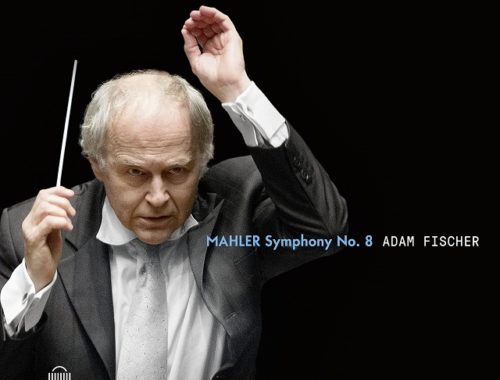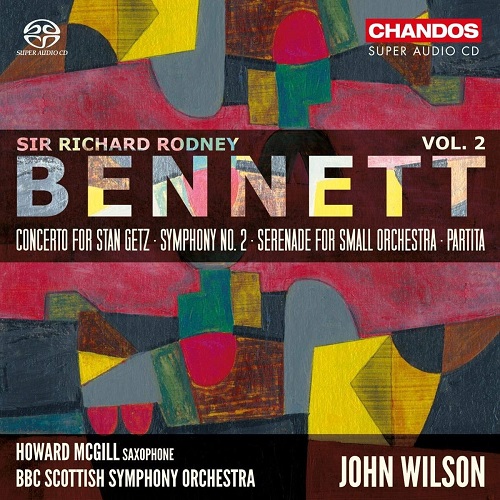Adams “El Nino”, Royal Festival Hall
During the momentous last century – so richly contextualised in the South Bank’s The Rest is Noise festival – there were two points at which factions within the musical establishment sought to step back, take stock, and clean house of their complex and ever more elaborate excesses. There was Schoenberg with his 12-tone disciplines imagining that intellectual and mathematical rigour was the natural antidote to self-indulgence and there were the lean, clean, Shaker-like minimalists for whom the musical equivalent of colonic irrigation was the way forward. In the beginning, the Californian John Adams was counted among their number but his brief dalliance at the spa of good musical health was merely the purge before the surge. For Adams music needed to go somewhere – the minimalist (if ever he was one) hit the road to maximalism.
So here he was marking the climax of this two-year extravaganza ushering in the season of goodwill with a change in the weather. El Nino – his “Nativity Oratorio” – is a metaphor for the wind of change and this all-embracing Christmas story with bells on takes its inspiration from just about everywhere. Religious texts, including the New Testament Apocrypha, rub shoulders with poems and sermons, and most pertinent of all – and apt for the telling of this story in the year 2000 when the piece was premiered – is the presence of women’s voices, Hispanic women’s voices. And Adams, in a stroke of genius owed in part to Handel and his Messiah, extends the aural compass of his vision of Mary through the use of two women’s voices, soprano and mezzo – Rosemary Joshua and Kelley O’Connor – lending reach to her experience and indeed all those of her gender.
And that experience unfolds through part one of El Nino in music that can only be described as rich in anticipation – unexpected sonorities and combinations of sonorities (like the trio of close harmony countertenors) ringing and resounding in a kind of pulsation as if the whole universe is humming. The moment of the virgin birth is quite extraordinary: the silencing of every living thing as Joseph (the excellent Matthew Rose) observes the maiden, his wife, “looking intently into heaven”. Two piccolos etch out an almost indiscernible glimmer before the star itself illuminates the musical landscape and Adams evokes Hildegard of Bingen in a mystical and inspiring crescendo of sound.
But with this birth comes the death of innocence and in part two of El Nino (which I am now convinced is better served in concert and not costume) the wider implications of the virgin birth really test and extend Adams’ gifts as a word setter. The words of Sor Juana Inés de la Cruz give the mezzo the most searching and aching “blues”, something which Kelley O’Connor embraced most movingly. And then there was Rosemary Joshua digging deep (now we understood why the soloists needed to be amplified) to mine the malice and voice the outrage on behalf of slaughtered innocents everywhere. Rosario Castellanos‘ words hit home hard and seemed to reach across the whole spectrum of this second half to where the voices of children (the extended family of Mary, Joseph, and the holy child) have the last word and the idling of a solo guitar opens the way to new beginnings.
You can be sure that Vladimir Jurowski and the London Philharmonic Orchestra and London Philharmonic Choir will have held that thought in their hearts and minds as their extraordinary two-year journey – and their astonishing contribution to it – drew to a close. But as The Rest Is Noise has so eloquently demonstrated endings and new beginnings are what keep this great art form evolving.
American Psycho, Almeida Theatre
You May Also Like

GRAMOPHONE Review: Mahler Symphony No. 8 – Soloists, Choirs, Düsseldorf Symphony Orchestra/Fischer
01/01/2020
COMPARING NOTES: Vasily Petrenko in conversation
25/11/2020